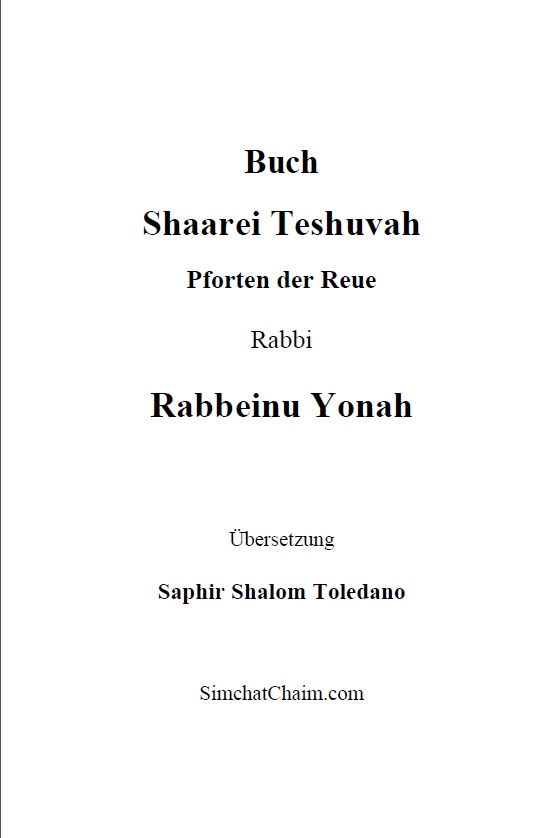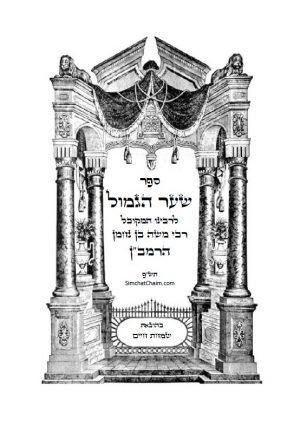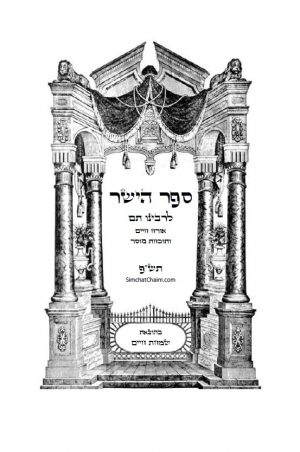The Improvement of the Moral Qualities
Jewish Philosophy
Philosopher Rabbi
Solomon Ibn Gabirol
Rabbi Solomon Ibn GabirelThis great Hebrew poet and philosopher was born in Malaga, Spain, about the year 4782, (1021), and died in Valencia, Spain, at the age of 36 or 37. Despite his very short life, Rabbi Solomon ibn Gabirel won great fame during his own lifetime, and even more so after his death when his writings became more widely known. His father Yehuda, was a native of the famous city of Cordova which was at the time under Arab domination. About ten years before Solomon’s birth, when war broke out in that part of the Spanish peninsula, his father moved to Saragossa, also under Arab domination. Later they moved to Malaga, where Rabbi Solomon was born. Losing his parents at an early age, Rabbi Solomon nevertheless continued his studies of the Talmud, in which he found his only solace. The young Rabbi Solomon was an ardent scholar and became very proficient in the Hebrew as well as Arabic languages and grammar. He also studied astronomy, geometry, and philosophy: Rabbi Solomon Ibn Gabirel began writing Hebrew poetry when he was very young. At the age of 16, he wrote a famous poem beginning with the words, “I am the master, and Song is my slave.” This poem entitled “Azharoth,” is based on the Taryag (613) commandments of the Torah, and was included in the Shavuoth service of many congregations. In that year, the famous Rav Hal Gaon died in Babylon, and Solomon ibn Gabirel wrote four dirges (obituary poems) on the passing of this great scholar. Rabbi Solomon Ibn Gabirel sang the praises of Rabbi Samuel Hanagid and also of another Jewish minister, Jekuthiel ibn Hasan of Saragossa. The latter became Rabbi Solomon Ibn Gabirel’s friend and patron. Unfortunately, Rabbi Ibn Hasan met with a violent death through a false accusation by his enemies. Rabbi Solomon Ibn Gabirel, who was about eighteen or nineteen years old at that time, composed a touching eulogy on the loss of his friend. A number of Rabbi Solomon Ibn Gabirel’s religious hymns were included in the prayer book. These include in addition to “Azharoth” mentioned above, his “Shir Hakovod” (Song of Glory), and “Shir Hayichud” (Song of Unity). Another of his famous poems is “Kether Malchuth” (Royal Crown). Rabbi Solomon Ibn Gabirel also wrote “Kinoth” (dirges) on the destruction of the Temple and the plight of Israel. The most famous book he wrote was The Improvement of the Moral Qualities. This book discusses Jewish philosophy of the soul and it relations to the four elements of the world. Rabbi Solomon Ibn Gabirel’s life was not a very happy one, for he was a lonesome young man with a sensitive soul. He did not hesitate to use his poetic gifts in denouncing the lack of Jewish feeling on the part of some prominent members of his community. As a result of this, he acquired many enemies who made life in Saragossa miserable for him. Eventually, Rabbi Solomon Ibn Gabirel was banished from his native town and spent some years as a luckless wanderer, suffering many hardships. No wonder there is a touch of bitterness in his poems, but this is often coupled with a sense of humor. At the age of only 23, Rabbi Solomon Ibn Gabirel wrote his book “Tikkun Middoth Hanefesh,” (Improvement of the Qualities of the Soul). About the same time, he also wrote “Mivchar Hapeninim,” (Choice of Pearls). Both were written in Arabic and subsequently translated into Hebrew by Rabbi Yehuda ibn Tibbon. In these books, Rabbi Solomon Ibn Gabirel presents a collection of moral sayings and maxims from Jewish as well as non-Jewish sources. The manner of Rabbi Solomon Ibn Gabirel’s death is shrouded in mystery. Legend has it that he was trampled to death by an Arab horseman, much in the same way that Rabbi Yehuda Halevi lost his life.

![The Improvement of the Moral Qualities - Jewish Philosophy [Hardback]](https://simchatchaim.com/wp-content/uploads/2022/01/TIOTMQ.jpg)
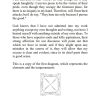
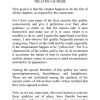
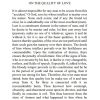
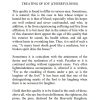

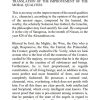









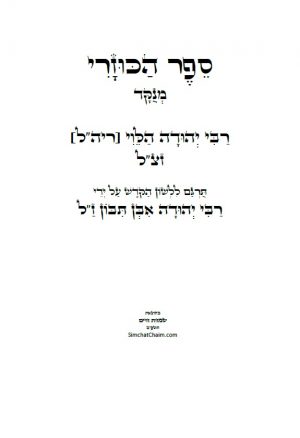

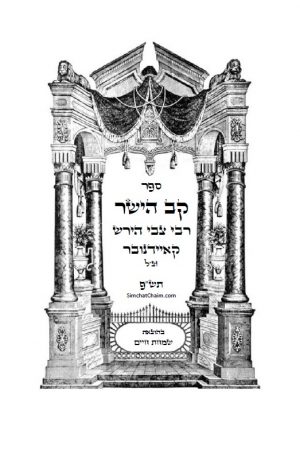

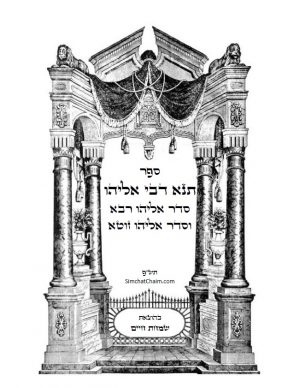

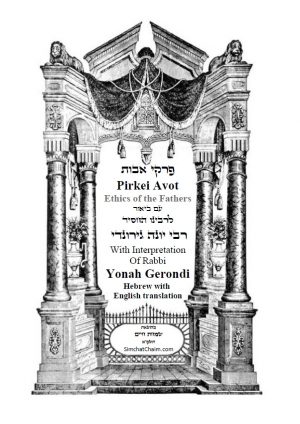
![Shaarei Teshuvah - Rabbeinu Yonah: Pforten der Reue [German Edition Hardcover]](https://simchatchaim.com/wp-content/uploads/2023/06/ShaareiTeshuvah-300x450.jpg)
